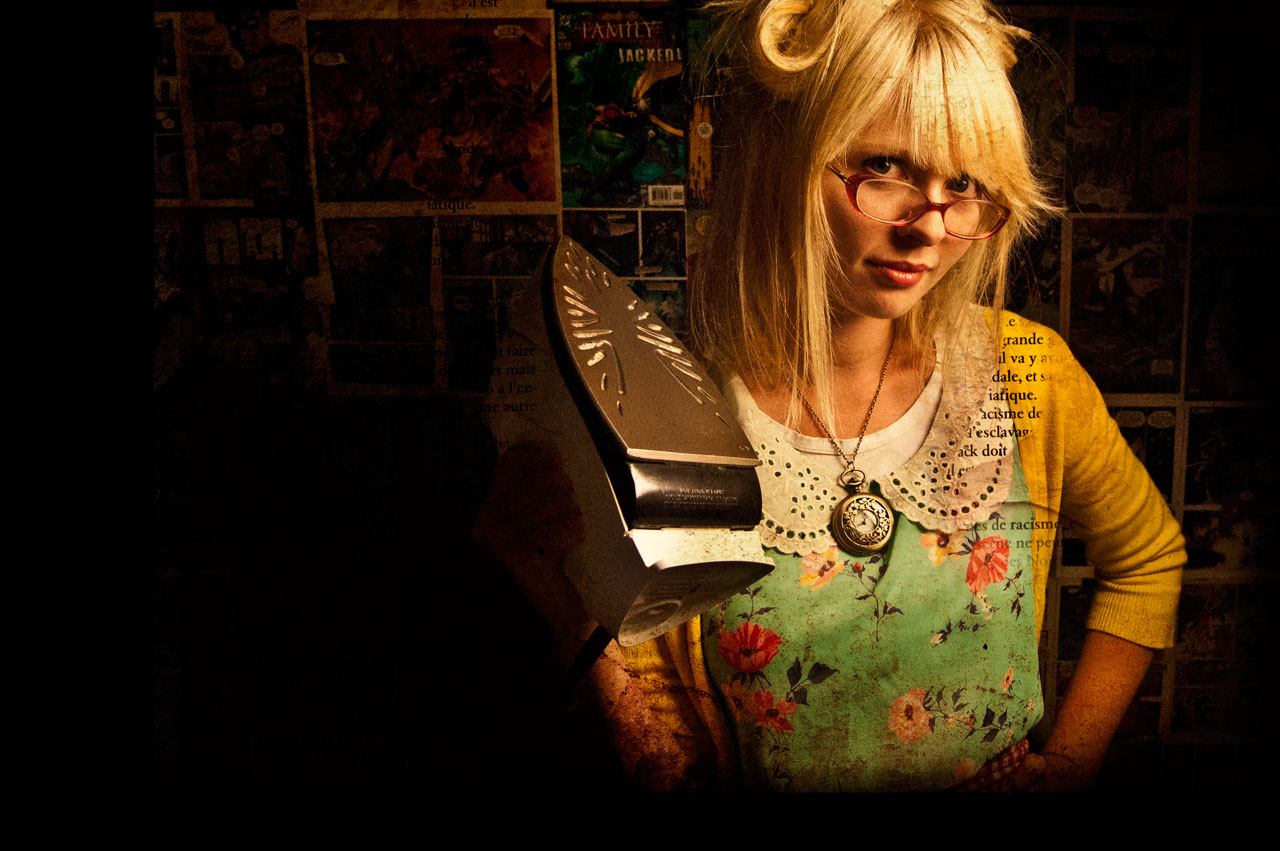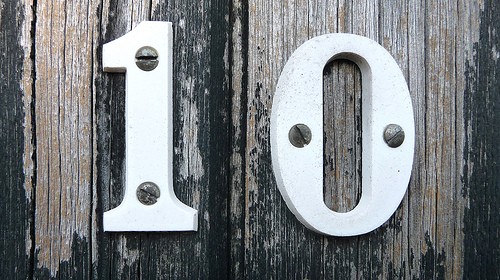Nothing makes me double-take my own thoughts and feelings like being pregnant. It isn’t just the physical discomfort, and nausea. It is the way I look, it is the lack of energy to accomplish anything, it is the revelation that my feelings of self-worth are based on perishables. Perfect. Nausea and low self-esteem are a winning combination. At least the lesson here is not completely lost on me. There is something wrong with my thinking if a little weight-gain, a messy house, and slightly ill-kept children destroy me.
Children don’t think this way. As a rule, small children feel pretty good about themselves. They are confident that they are reasonably attractive, well-liked, and quite good at whatever they do because they aren’t making comparisons. It isn’t until they get older and begin to look around and notice that Sandy is more attractive, Lolobelle is more likeable, and Percy, however unfortunate his name, is better at everything he does. This is the turning point. If a child’s self-worth is not based on where he fits in on a scale of one to ten (one being “lame”, ten being “incredibly awesome”) then this new realization doesn’t have much effect on him. On the other hand, if his self-esteem has been built upon how uniquely special his parents told him he was compared to all the snot-nosed neighborhood kids, this can be a devastating discovery. He either becomes disillusioned and insecure, unsure of his own value, and place in this world, or he becomes competitive, bent on proving his worth by being the most, and the best. But the sad reality is, whatever his reaction, whatever he does in future years to assuage his pending self-worth, he will rarely be happy with himself. Because regardless of how good, smart, talented, rich, attractive, or tall he is there will always be someone better.
Heavenly Father doesn’t grade on a curve. “Weeelll, you only missed by this much! I had to deduct a point ’cause you made fun of the Scout uniforms, but… keep to the corridors, and don’t bother the Saints. Welcome to heaven sucka.” God doesn’t intend for us to compete with each other. He wants us to encourage and love each other, to rejoice in the successes of others. And he doesn’t want us to base our feelings of self-worth on changeable factors. Really, we have no idea of our worth, He does. This life isn’t given to us as an opportunity prove our value. This life is an opportunity to prove what we value. And so very often I find myself placing higher value on how my hair looks, how my house looks, and how many people like me than how much Heavenly Father loves me always. We don’t have to prove our value. We are all children of God.
In Christ’s parable of the talents, the master divides the money among his servants unevenly, but his expectations are the same; multiply it, make it grow. We are all given different gifts. Some people grow up in free countries, in loving homes, their comforts met. Some people are born in third world countries, into broken homes, without even their most basic needs met. Some people have obvious talents for everyone to see. Some people’s talents are hidden. Some people get five talents, and some people get one. But it has nothing to do with the value God places on us. Are we using the gifts God has given us to serve Him, and to serve our fellow man? That is the only real measure of how we are doing. And I’m confident that if the answer is affirmative, we won’t be bothered by the loss of perishables.


